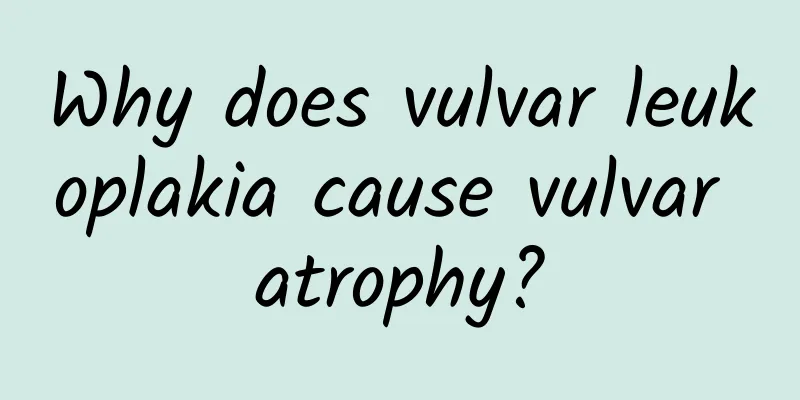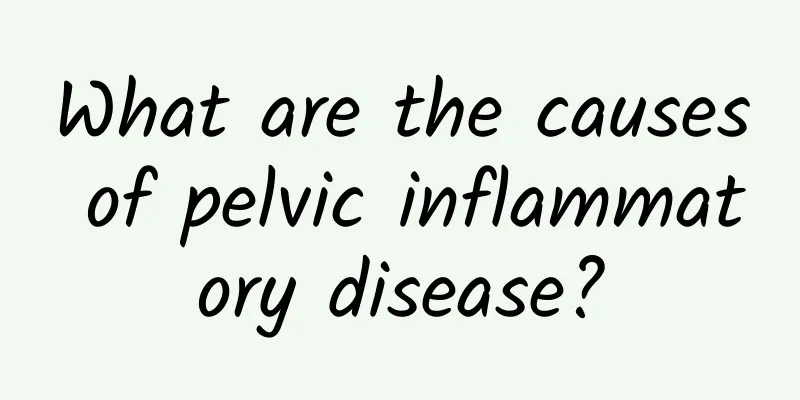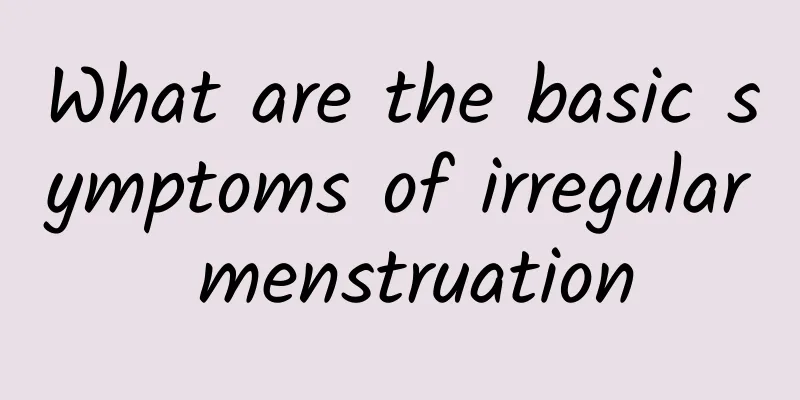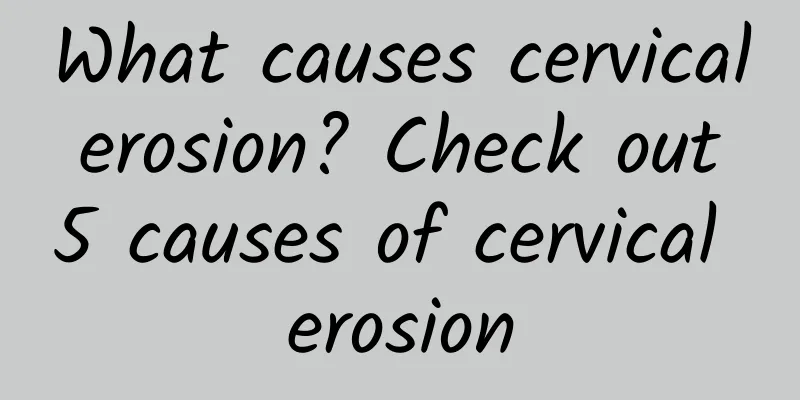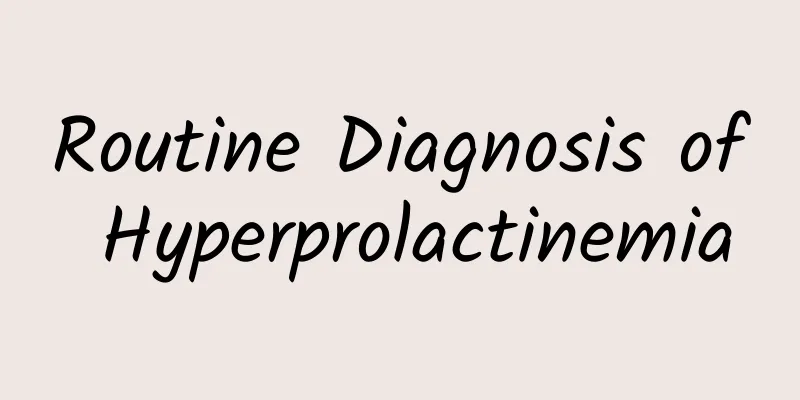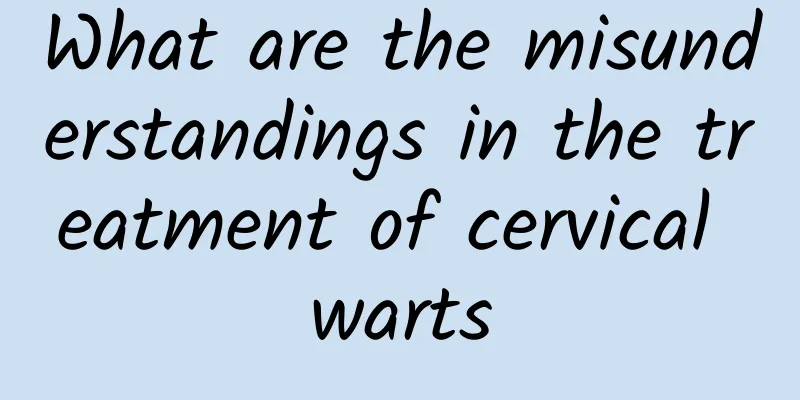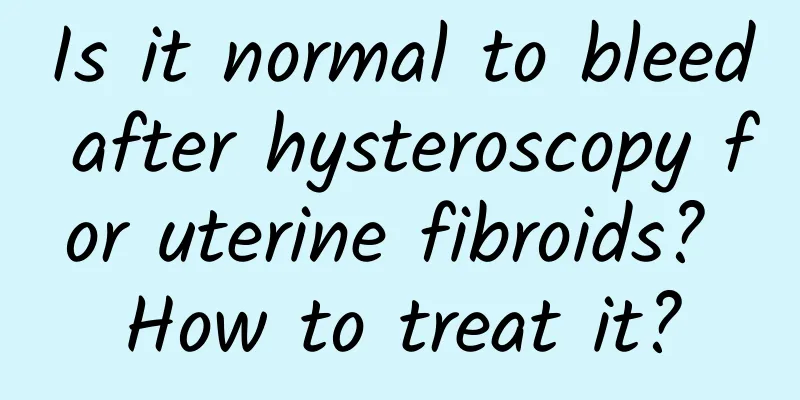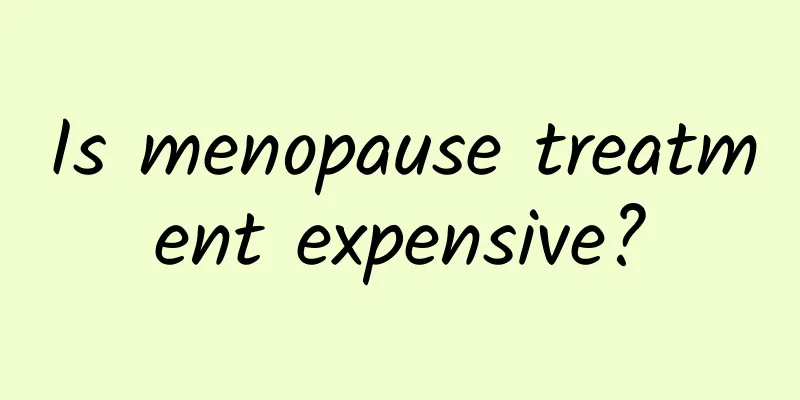Is it easy to treat anemia caused by uterine fibroids?
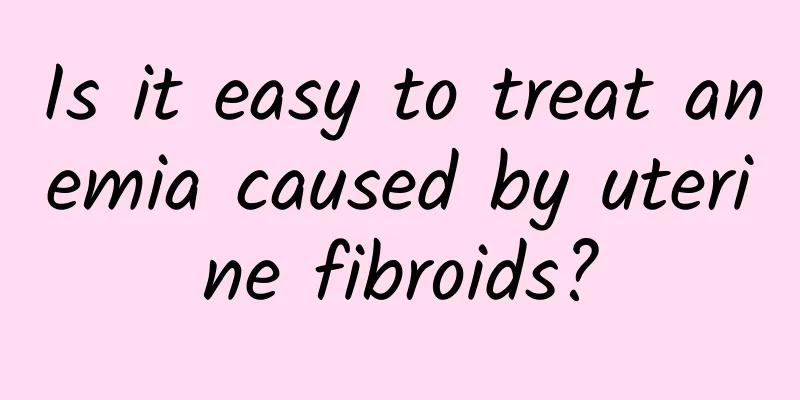
|
Anemia caused by uterine fibroids can be improved through dietary adjustments, drug therapy and surgical treatment. The key is to conduct comprehensive intervention on the cause. Uterine fibroids cause excessive menstrual flow, and long-term blood loss causes iron deficiency anemia. Treatment needs to be combined with the size of the fibroids, the severity of the symptoms and the specific situation of the patient. 1. Diet adjustment is the basis for improving anemia. Increase iron-rich foods such as red meat, animal liver, spinach, etc., and supplement vitamin C to promote iron absorption, such as citrus fruits, tomatoes, etc. Avoid drinking strong tea and coffee, which will inhibit iron absorption. 2. Drug treatment includes iron supplementation and hormone regulation. Oral iron preparations such as ferrous sulfate and ferrous gluconate can quickly increase hemoglobin levels. For patients with smaller fibroids and milder symptoms, gonadotropin-releasing hormone agonist GnRH-a or oral contraceptives can be used to reduce menstrual volume and indirectly improve anemia. 3. Surgical treatment is suitable for patients with large fibroids or severe symptoms. Myomectomy can preserve the uterus and is suitable for patients who want to have children. Uterine artery embolization shrinks fibroids by blocking the blood supply to the fibroids and reduces menstrual volume. Hysterectomy is suitable for patients who do not want to have children and have severe symptoms, and can completely solve the problems of fibroids and anemia. 4. Regular monitoring and follow-up are the key to ensuring the effectiveness of treatment. After treatment, the hemoglobin level and fibroid size should be checked regularly to evaluate the treatment effect and adjust the plan. For patients who have not undergone surgery, long-term monitoring of fibroid changes is required and timely intervention is required. Anemia caused by uterine fibroids is a preventable and treatable disease. Through comprehensive intervention of diet, medication and surgery, most patients can effectively improve their anemia symptoms. The key lies in early detection, timely treatment and long-term management to prevent anemia from causing further damage to health. |
<<: The difference between adenomyosis and endometriosis
>>: How to treat cervical cysts and ovarian cysts quickly
Recommend
Can I have a painless abortion in three months?
It is generally not recommended to have painless ...
What is the main care for vulvar leukoplakia
Among gynecological diseases, I believe that some...
What are the dangers of premature menopause in women
Menopause is a sign of female aging. The average ...
Recommended by high-quality public hospitals for congenital absence of vagina
Currently, the most effective treatment for conge...
What is postmenopausal bleeding?
Vaginal bleeding will not occur after menopause. ...
How to prevent endometrial tuberculosis in daily life
Endometrial tuberculosis is a common disease amon...
How to check if a girl has cervicitis? 4 ways to check if a girl has cervicitis
In fact, in daily life, many female friends do no...
What to eat after abortion to nourish the uterus
There is no saying about "what is the best w...
To prevent premature ovarian failure, do these five things
The ovaries are the organs that produce eggs in w...
Can I have a baby if I have a right ovarian cyst? What are the symptoms of an ovarian cyst?
Can I have a baby with a right ovarian cyst? What...
7 good habits for those who eat out to lose weight smartly
If you eat like a foreigner every time without an...
Causes of dysmenorrhea in women
Women often experience dysmenorrhea during their ...
Can endometrial tuberculosis be detected by B-ultrasound?
Among genital inflammations, endometrial tubercul...
What kind of exercise can chocolate cyst heal quickly?
In a competitive society, people are paying more ...
The diagnosis of uterine fibroids is difficult to diagnose only by gynecological examination.
Many women always have various diseases in their ...

